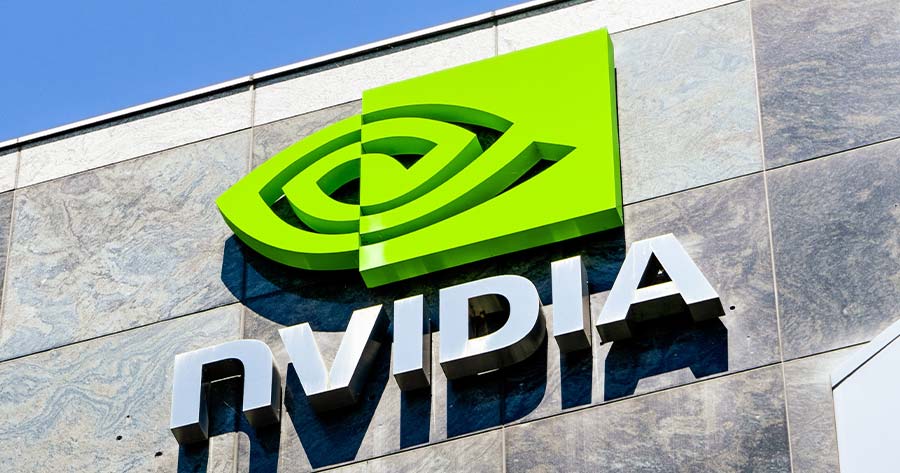Nvidia’s advanced artificial intelligence chips will be under the microscope as the company will be disclosing its latest financial results on Wednesday, amid investor doubts influenced by China’s DeepSeek, whose budget-friendly AI models have disrupted the industry’s dynamics.
With Nvidia being a key player in the AI-driven spending surge by big tech giants over the past couple of years, some investors are questioning whether the premium on its cutting-edge chips is justifiable, given DeepSeek’s assertion of its AI models matching Western capabilities at dramatically lower prices.
DeepSeek’s rapid ascent in January led to Nvidia suffering a historic $593 billion loss in market value, the largest one-day drop for any U.S. company, despite previously being a top stock performer in 2023 and 2024.
Ivana Delevska, chief investment officer at Spear Invest, which manages a fund holding Nvidia shares, highlighted the widespread concerns about DeepSeek’s impact on chip demand.
Despite such concerns, Nvidia’s projectory in the competitive AI space remains compelling.
The company is expected to report a 72% revenue surge to $38.05 billion for the fourth quarter, according to LSEG data, although this marks the slowest growth in seven quarters. It is poised to forecast a 60% revenue jump for the first quarter concluding in April.
Previously, Nvidia’s revenues consistently showcased triple-digit growth across five consecutive quarters, up until last October. However, as major clients like Microsoft and Meta continue their commitment on data-center investments, demands for Nvidia’s chip will remain strong.
Portfolio manager John Belton from Gabelli Funds indicates that while Nvidia’s delivery might appear smaller this time due to Blackwell’s launch challenges, the long-term dynamics could remain favorable.
Acceleration to the shipment of Nvidia’s Blackwell chip is anticipated to enhance fourth-quarter revenue, albeit at the cost of squeezing the company’s margins due to the intricate and costly nature of its production.
Analysts predict Nvidia’s adjusted gross margin will narrow by over three percentage points to 73.5% in the fourth quarter.
The shift to composing integrated AI computing systems, such as the GB200 NVL72, encompassing GPUs, CPUs, and networking equipment, exemplifies the complexity of such advancement.
Meanwhile, Taiwan chipmaker TSMC has been frantically scaling up its capacity for advanced packaging, a sophisticated procedure required to assemble an integrated AI system that has been a critical bottleneck in AI semiconductor supply chains.
While design complications initially impeded Blackwell’s rollout, Nvidia has since resolved these issues, stating its revenue could surpass original fourth-quarter expectations significantly.
As Nvidia navigates these complexities, with the AI demand backdrop from Meta, Microsoft, Google, and Amazon painting a robust near-term picture, the company’s capacity to sustain its exceptional outperformance is being closely watched.





